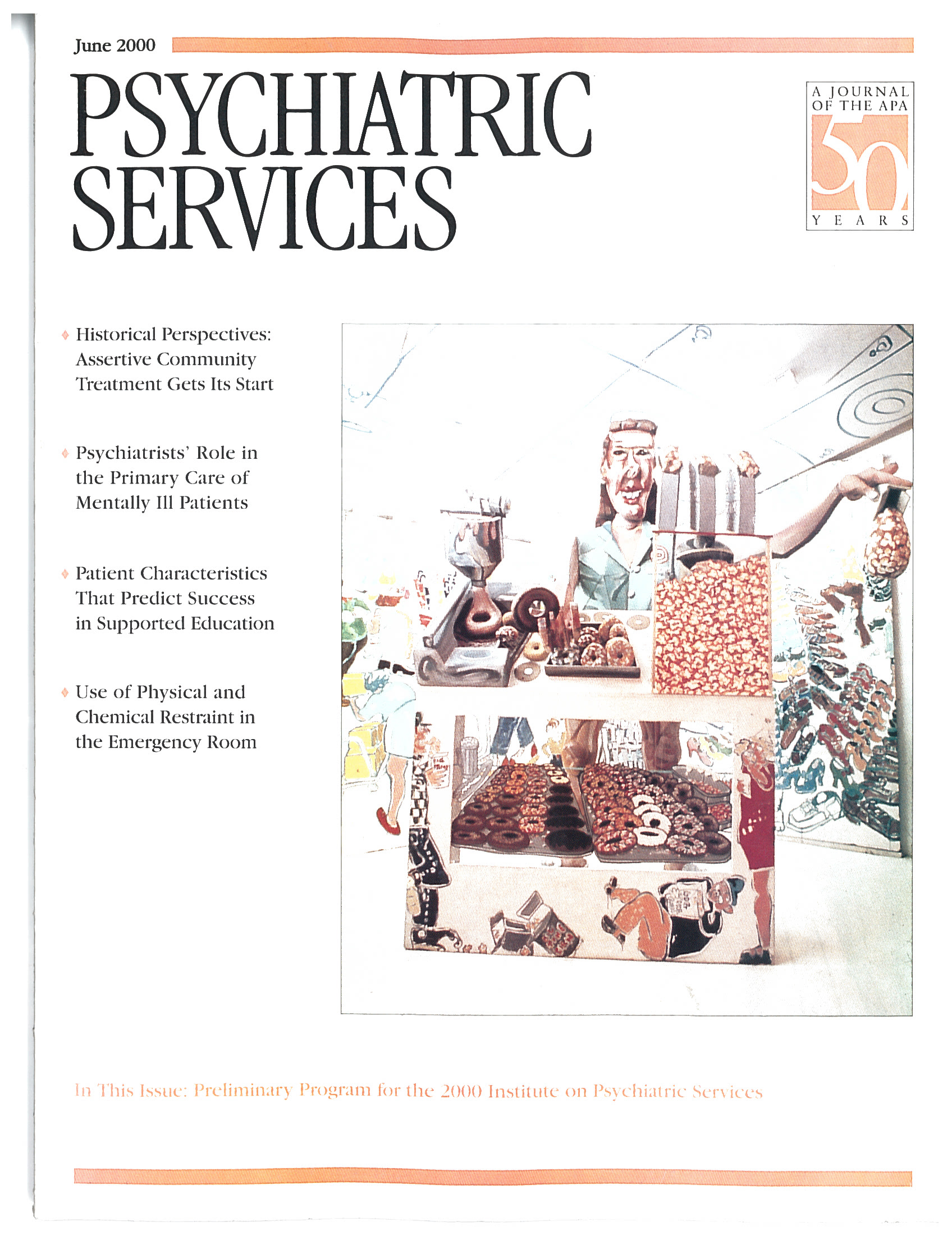Assertive community treatment (ACT) has been a powerful lever in two radical reformations. It has been in the vanguard of the downsizing of larger psychiatric institutions, and it has made it imaginable, and then practicable, for staff to go outside their offices to see patients. It is thus churlish to question the evidence base of this pioneer movement, except that health care interventions need to be continuously and rigorously tested and retested. It is useful to clarify the limits of the evidence base, and to outline a research agenda for the coming years.
First, what is the status of assertive community treatment? It is a service delivery vehicle. It can allow treatment to be offered to a patient, but is not the treatment itself. This distinction is important, as the actual ingredients of treatment have been insufficiently emphasized. Assertive community treatment is also a complex health intervention, and it is reasonable to ask whether it can be simplified to be more cost-effective.
We also need to adopt a chiaroscuro view, focusing our attention as much on the control condition in the darker background as on the illuminated assertive community treatment team in the foreground. Although ACT teams vary in practice, the control conditions reported in the literature vary considerably more. When more intensive home treatment models have been tested against less intensive home treatment teams, the relative advantages of the former have diminished and in some cases disappeared.
In population terms, do the ACT teams serve as stand-alone programs, or as components of a wider system of integrated care? Put simply, are ACT teams an affordable solution for all eligible patients across a county, state, or nation? Further, is indefinite care necessary? One area for future research will be time-limited models, which directly seek to enhance patient autonomy.
Finally, in whose ethical interest is assertive community treatment? Where is the line between the duty to offer treatment and the intrusiveness of statutory authorities to seek out and treat reluctantly compliant patients on behalf of the wider citizenship? Assertive community treatment now more often takes place where it can be interpreted both as a service to patients and as a public-risk-control function.
If we take assertive community treatment as a vehicle to deliver care, then we, like the manufacturer of a truck, should ask whether it can be made more cost-effective by reducing its complexity or increasing its benefits. This cycle of inquiry needs to continue, to establish which groups of patients can affordably benefit from assertive community treatment, and when, and where, and how.—

